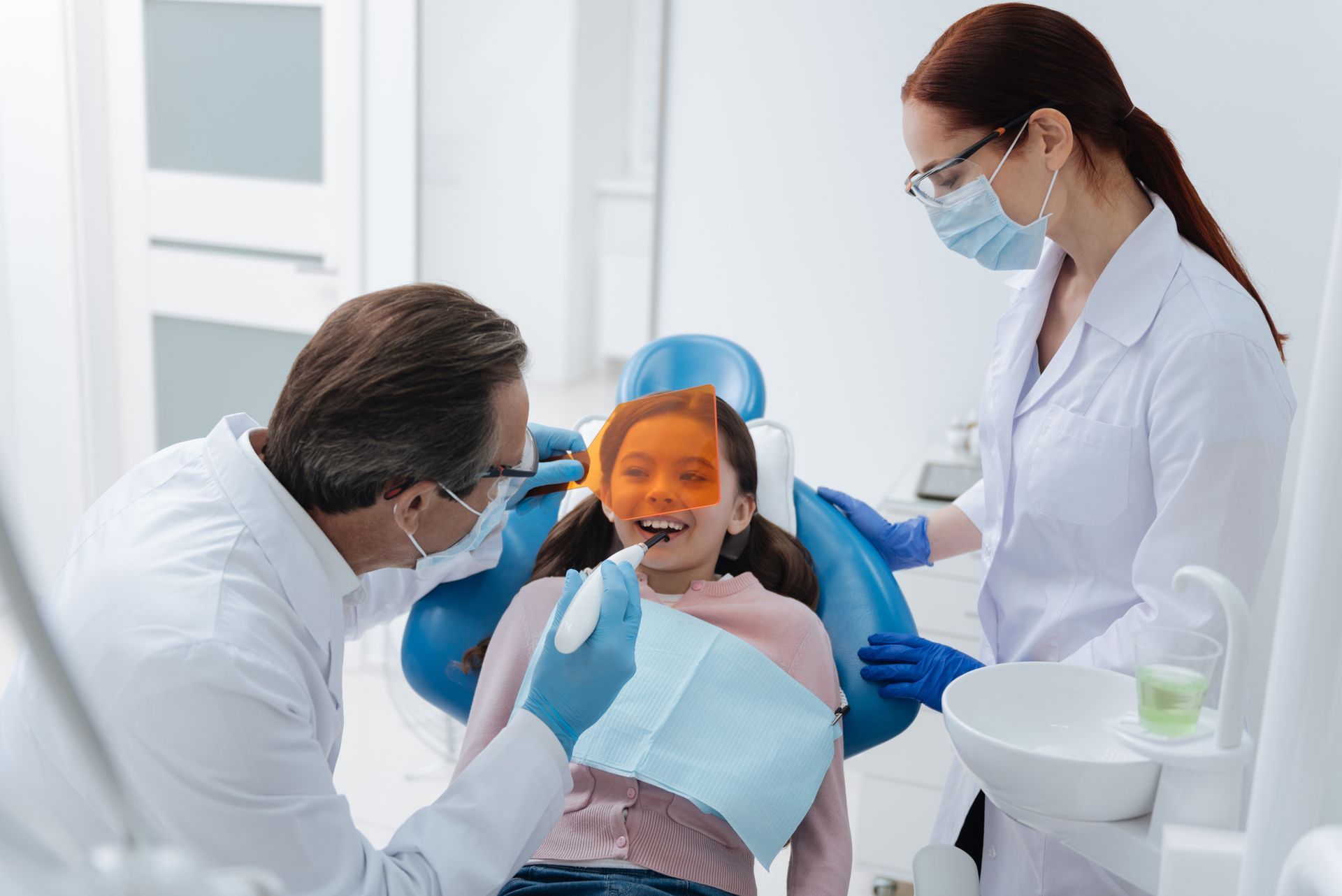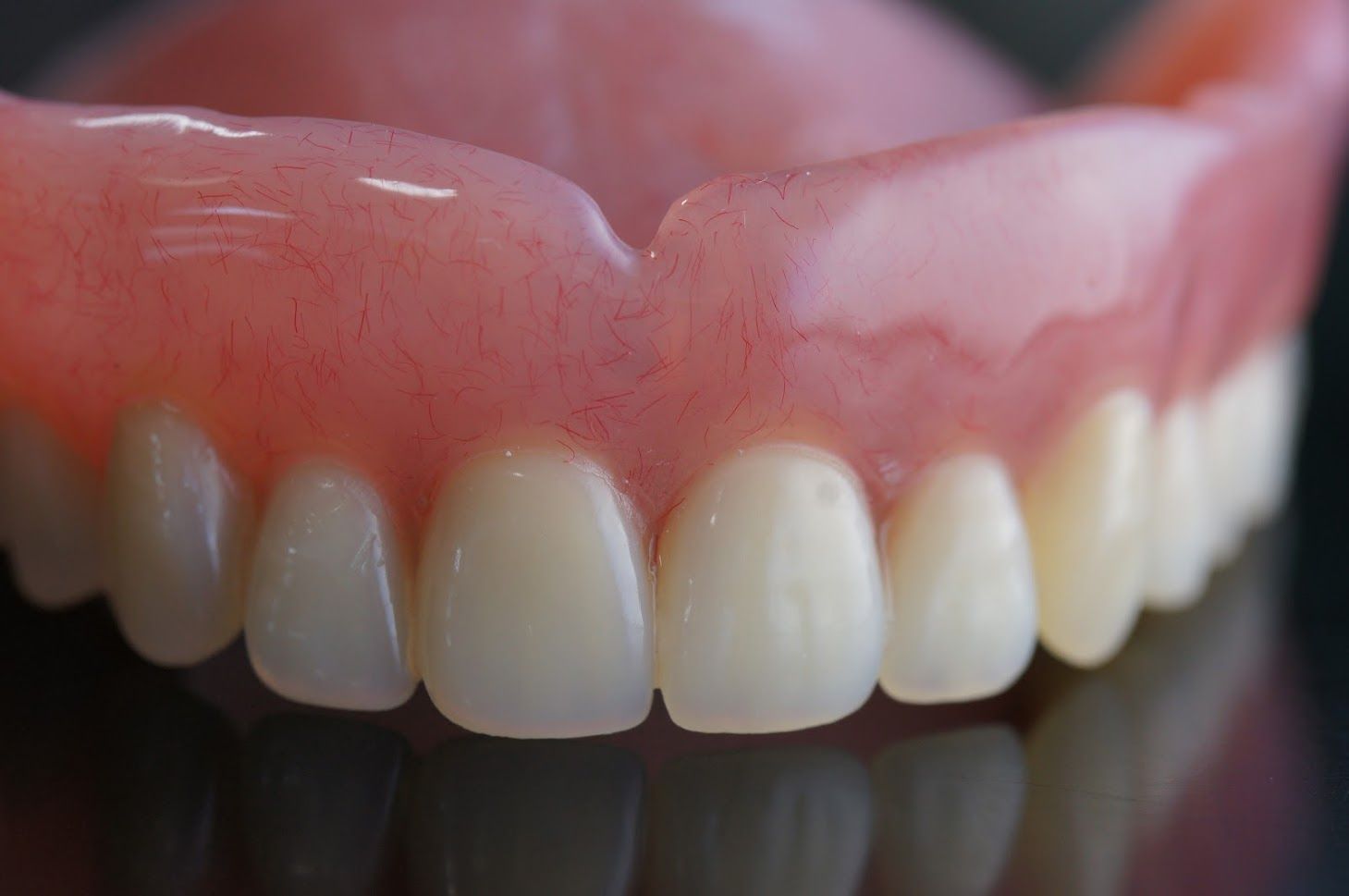Understanding Dental Crowns

If you've ever had a tooth that required extensive repair due to decay, damage, or a root canal, your dentist may have recommended a dental crown. Dental crowns are one of the most common restorative treatments in dentistry, and understanding what they are, how they work, and the different types available is important for making informed decisions about your oral health.
Understand what you need to know about dental crowns, from their purpose to their maintenance and cost.
What Are Dental Crowns?
A dental crown is a cap-like structure that fits over a weakened or damaged tooth, restoring its strength, size, shape, and appearance. Crowns are used to protect and support teeth that have large cavities, cracks, fractures, or chips, as well as teeth that have undergone root canal therapy. They can also be used to cover discolored, misshapen, or poorly aligned teeth, enhancing the overall aesthetics of your smile.
Crowns are typically made from porcelain, ceramic, metal, or a combination of materials, depending on the patient's needs and preferences.
What Are the Types of Dental Crowns?
There are several types of dental crowns, each with its advantages and disadvantages.
Porcelain crowns are the most common type and offer a natural-looking appearance that matches the color and texture of your surrounding teeth. Ceramic crowns are similar to porcelain but are more durable and resistant to wear, making them ideal for posterior teeth. Metal crowns, such as gold or silver, are the strongest and most long-lasting but are less popular due to their metallic color. Hybrid crowns combine two or more materials for optimal strength and aesthetics.
What Is the Process of Getting a Dental Crown?
Getting a dental crown typically requires two appointments with your dentist.
During the initial visit, your dentist will prepare the affected tooth by removing any damage or decay and shaping it to fit the dental crown. They will also take impressions of your teeth to create a custom-made crown that fits snugly and comfortably. In some cases, a temporary crown may be placed while the permanent crown is being manufactured.
During the second appointment, your dentist will remove the temporary crown and place the permanent crown, adjusting it for a comfortable bite.
How Do You Maintain Dental Crowns?
Dental crowns require regular care and maintenance to ensure their longevity and efficacy. Brush and floss them daily, paying close attention to the area where the crown meets the gumline. Avoid chewing hard or sticky foods that can damage or dislodge the crown, and refrain from using your teeth as tools to open packages or bottles. Visit your dentist for regular check-ups and cleanings, and notify them immediately if you experience any discomfort, sensitivity, or loosening of the crown.
With proper care, dental crowns can last for many years.
What Is the Cost of Dental Crowns?
The cost of dental crowns varies depending on several factors, including the type of crown, the location of the tooth, and the location of your dental practice. Many dental insurance plans cover at least a portion of the cost of dental crowns, but check with your insurer before undergoing any dental procedure. In addition, your dentist may also offer payment plans or financing options to help make crowns more affordable.
Dental crowns are a versatile and effective solution for restoring damaged or weakened teeth and improving the appearance of your smile. By understanding what they are, how they work, and the different types available, you can make informed decisions about your oral health and enjoy the benefits of strong, healthy teeth.
Contact us at Airport Road Dental Associates, PC, to see if you're a good candidate for dental crowns.
Contact Information
Phone: 219-763-2727
Address: 3465 Airport Road, Portage Indiana, 46368
Business Hours:
- Mon - Tue
- -
- Wednesday
- -
- Thursday
- -
- Friday
- -
- Sat - Sun
- Closed


















